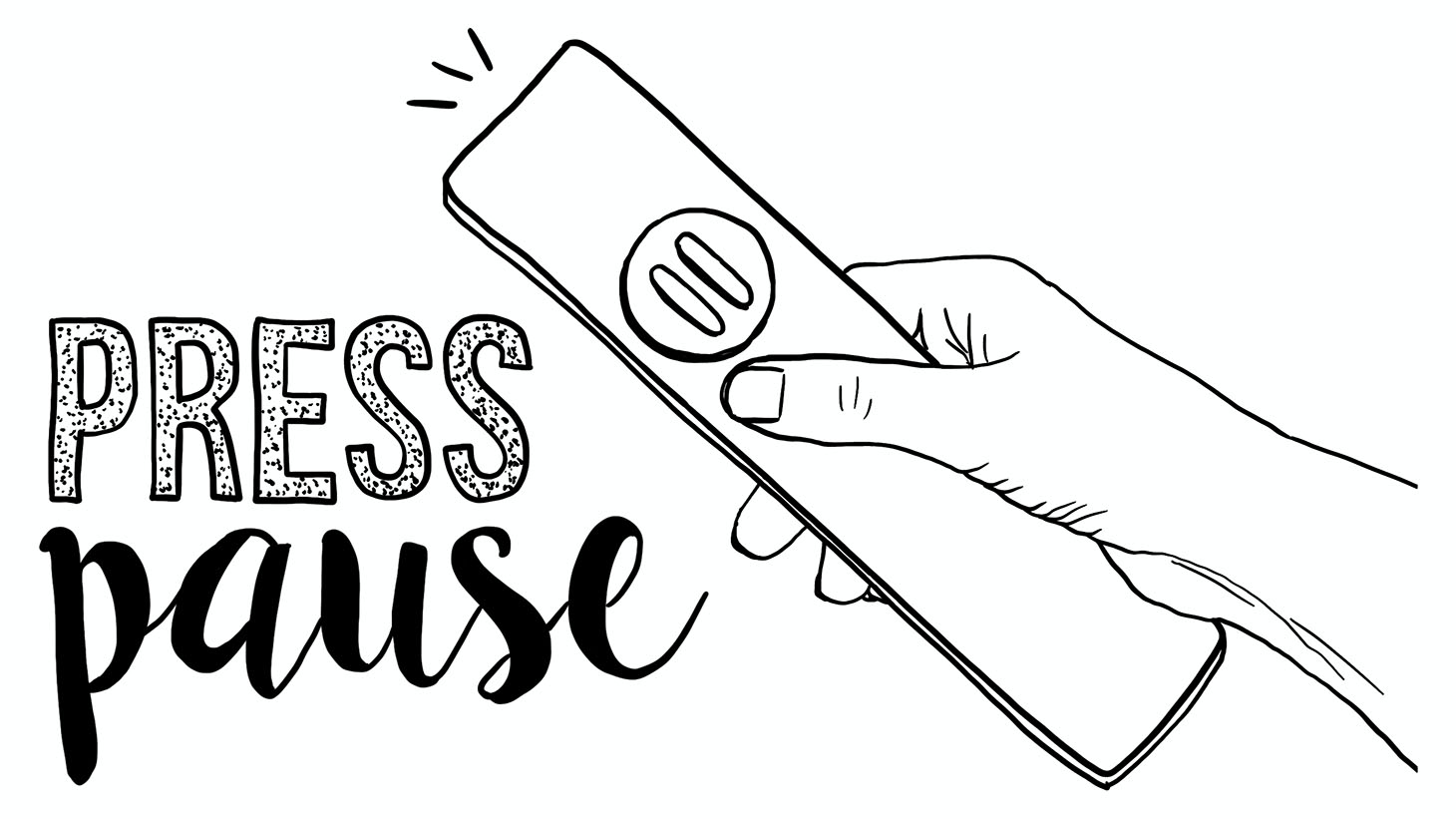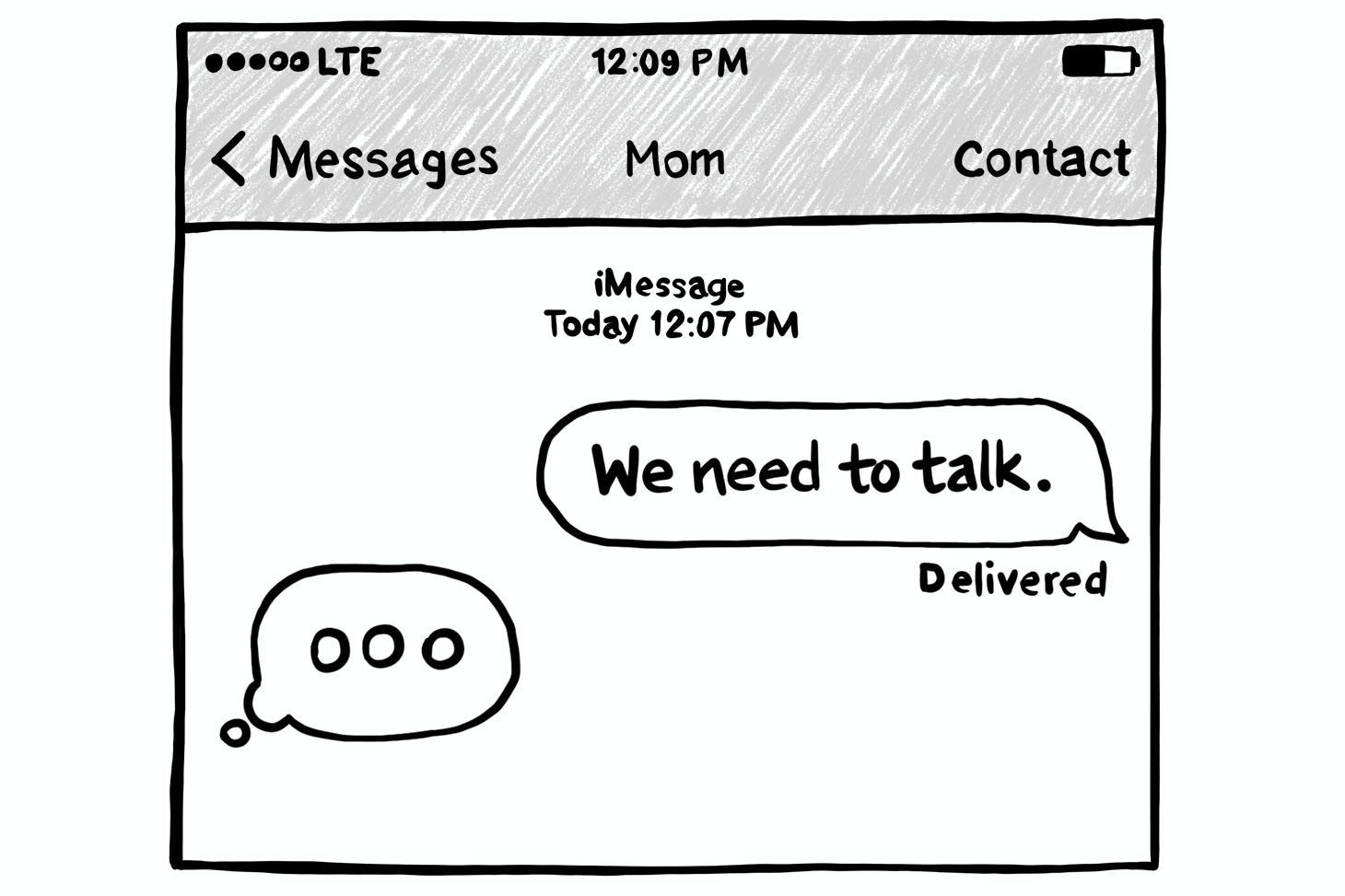Working with Conflict: The critical moment before we respond.
June 30, 2022
June 30, 2022

Have you ever felt like life happens to you rather than by you? Or rather, before you know it you find yourself in a conflict situation and wonder how you got there?
Things have an uncanny way of gaining momentum and us humans are optimized to deal with them quickly and efficiently, so much so that sometimes it can feel like we’re on autopilot. This is kind of amazing, that is until we realize we should have made a course correction a few steps back.
Changing our ingrained habits can be difficult – but it’s not impossible.
Think about the first time that you tried something new – like, say, the first time you swung your leg over a bicycle. You probably stepped on the pedals like you saw the older kids do, promptly falling over and scraping your knee on the pavement like the older kids did not. Okay, lesson learned – this isn’t as simple as others might have made it first look. After a bit of trial and error, you manage a wobbly but triumphant roll to the neighbour’s driveway. Flash forward a month, and you are flying down the street to the chagrin of cautious parents and drivers blurring by – wearing a helmet for safety, of course.
We learn from watching those around us and experimenting in our own way, but it doesn’t take long before this necessary effort falls into the background and our biology takes over. Our brains optimize as we go; smoothing out repetitive actions like balancing, peddling, and following traffic rules until riding a bike around the neighbourhood requires very little conscious thought. When we need to (such as riding home with a broken brake) we can consciously grab the handlebars, albeit with a bit more effort and a side of white-knuckled unsteadiness on the hills.
Automations are great for efficiency, but they also are prone to be applied bluntly and get us into troublesome situations. If we point ourselves down a hill and automatically reach for a brake that’s not working, we probably won’t end up in the best place possible.
No one wants to put themselves in the hospital, yet sometimes it happens.
No, you are not reading a bike blog. This is just an example of how our brains work. The basic concept of learned behaviour provoking automatic reactions extends far beyond riding a bike and into how we treat ourselves, our relationships, and the world itself.
Conflict is no exception. We are prone to react quickly, in an automatic way that we learned over a whole life of trial and error. Without thinking we rush forward into the consequences of our response, sometimes good and other times…regrettable. Amidst all the variables at play, a generalized response is bound to occasionally put us in a messy place before we even realize it.
When facing conflict, it is helpful to slow down and take some time to think so that we can act more effectively. Sounds simple, right? Unfortunately, this is one of those things that is easier said than done – at least at first. Don’t despair: the neuroplasticity of our brains is never rigid and we can work with it to foster these elusive moments of pause and find conscious choice in tough situations.

The space between conflict’s occurrence and our response to it is pregnant with possibility. It is an opportune moment where we can insert a wedge in the self-perpetuating cycle of reaction to conflict, unlocking potential for a more positive outcome.
So let’s try it. Someone says something that rubs you the wrong way and you respond in kind with a snarky retort. And pause – wait…whoops, we missed it.
Attempting to hit pause when we’re primed to react with lightning-quick reflexes often results in us scrambling for the rewind button to try again. Unfortunately there’s no going back (pending the invention of time travel, of course), but at least we can always try again next time. The good news is that each time we do find a bit of space, that new neural response gets a little bit stronger and more within reach.
When triggered by conflict, try holding off on your snarky retort and instead first ask a question in an attempt to understand the other person’s perspective. If we take a moment to bring in a bit of open-minded curiosity to try and understand where our antagonist is coming from, we can actually end up having a better chance in communicating our own perspective.
There’s no point in sugarcoating it; changing ingrained habits is not easy, but the good news is that it gets easier. Each time you manage to find a moment of pause you begin building it as a positive new habit, which in turn begins to feel like a natural response. Eventually, it will be, but it takes effort to build the neural pathways to get there.
At Mediation Services, we are here to help you better your relationship with conflict which in turn will benefit your relationships with others. A large part of where we focus our efforts is in the response, because this is where we can find lasting change in working with anger, hurt, and other tricky feelings. Ultimately, our goal is to help you find the tools that work for you; skills that can be taken home and applied towards conflict resolution in the ongoing challenges that life presents.
We have an online course that is immediately accessible and a great place to start with managing conflict in your life: Introduction to Conflict Resolution: Dealing with Difficult People
Beyond that, we have a myriad of in-person and online live Zoom programming for a more personalized experience. We offer training to deal with conflict in your life, as well as taking care of others who come to you with conflicts in theirs.
Where we come from and what we face varies a lot. Here at Mediation Services we aim to help you find pause when you need it so that you can consciously participate in choosing your best path forward.